Business of IT: Building a case for BYOD
The consumerisation of IT is upon us and business and technology decision makers must now decide whether they are for or against BYOD. Stephen Pritchard considers the options.
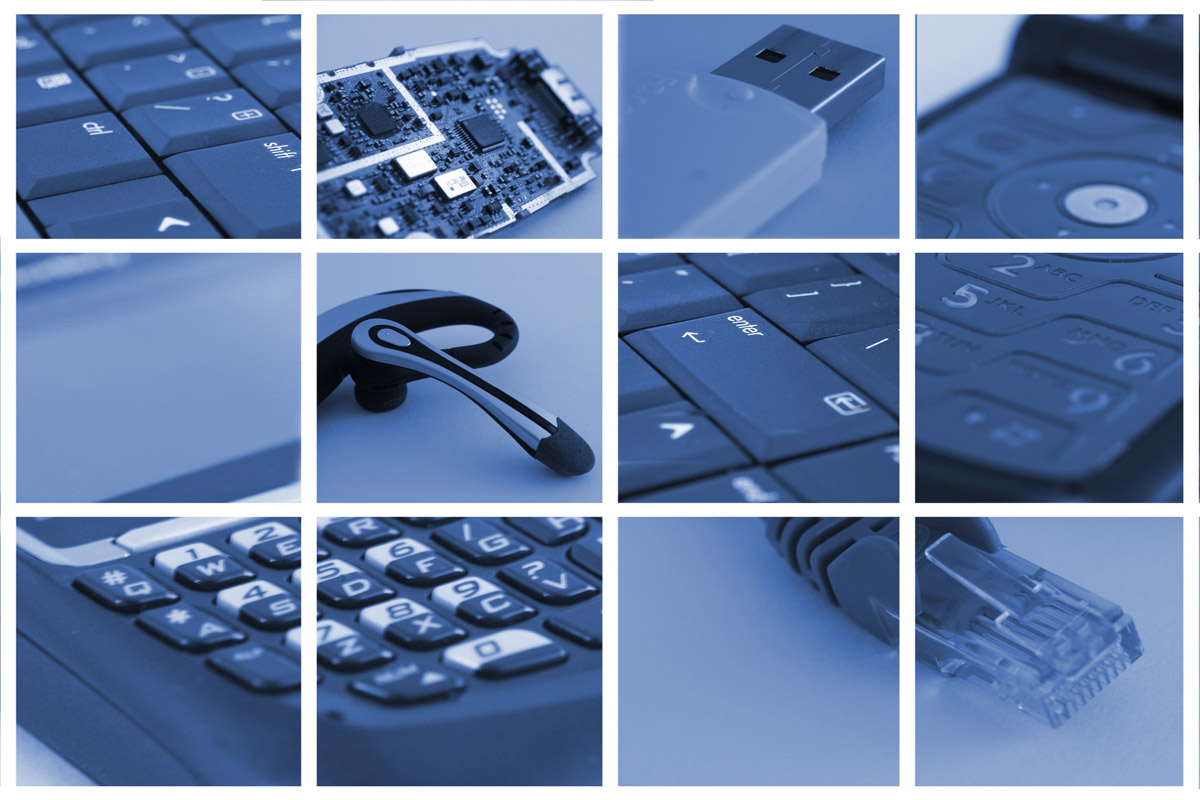
The "bring your own device" trend is not just hype. Although analysts and researchers covering IT have been predicting a rise in the use of consumer devices at work for a while now, there is hard evidence that, in enterprises, using a personal smartphone, tablet or PC is increasingly common, and for some sectors, the norm.
Research by Accenture, the management consultants, surveyed 4000 employees in 16 countries. They found that 23 per cent regularly used a personal device at work, rising to 42 per cent of executives.
You have to have guidelines, and you have to educate employees so they do not inadvertently put the company at risk.
And companies expect the number of employees using their own devices to grow steadily over the next few years, as companies look to control IT costs, but also to be more flexible.
In some companies, allowing employees to bring their own technology to work is seen as an important benefit.
At Colt, a telecoms and Internet service provider, allowing staff to bring their own computers to work was part of a wider project to encourage flexible working, as well as to upgrade IT capabilities. Employees across the business' 13 European sites can work from home two days a week, as well as choose to use a personal laptop instead of a company machine, and use a virtual desktop, for example for home working on a personal PC.
"We didn't call our scheme BYOD but 'choice'," explains Chris Hewertson, Colt's CIO. "We wanted to enable choice of the device but also over when and where people work, and take away some of the hurdles that IT often puts in the way."
Get the ITPro daily newsletter
Sign up today and you will receive a free copy of our Future Focus 2025 report - the leading guidance on AI, cybersecurity and other IT challenges as per 700+ senior executives
Following a 200-user trial, Colt now allows anyone to join the personal device programme, and about 10 per cent of users have done so, handing back their company laptop in return for an allowance, of 1000 over three years, for supporting and maintaining their own computer (Colt does not pay for the cost of the computer itself).
In addition, 1,800 employees, out of 5,000, have now moved over to virtual desktops, using them on a range of devices, from home computers to tablets. One result has been that staff are handing back business laptops that Colt previously had to issue to anyone wanting to work from home.
-
 Bigger salaries, more burnout: Is the CISO role in crisis?
Bigger salaries, more burnout: Is the CISO role in crisis?In-depth CISOs are more stressed than ever before – but why is this and what can be done?
By Kate O'Flaherty Published
-
 Cheap cyber crime kits can be bought on the dark web for less than $25
Cheap cyber crime kits can be bought on the dark web for less than $25News Research from NordVPN shows phishing kits are now widely available on the dark web and via messaging apps like Telegram, and are often selling for less than $25.
By Emma Woollacott Published
-
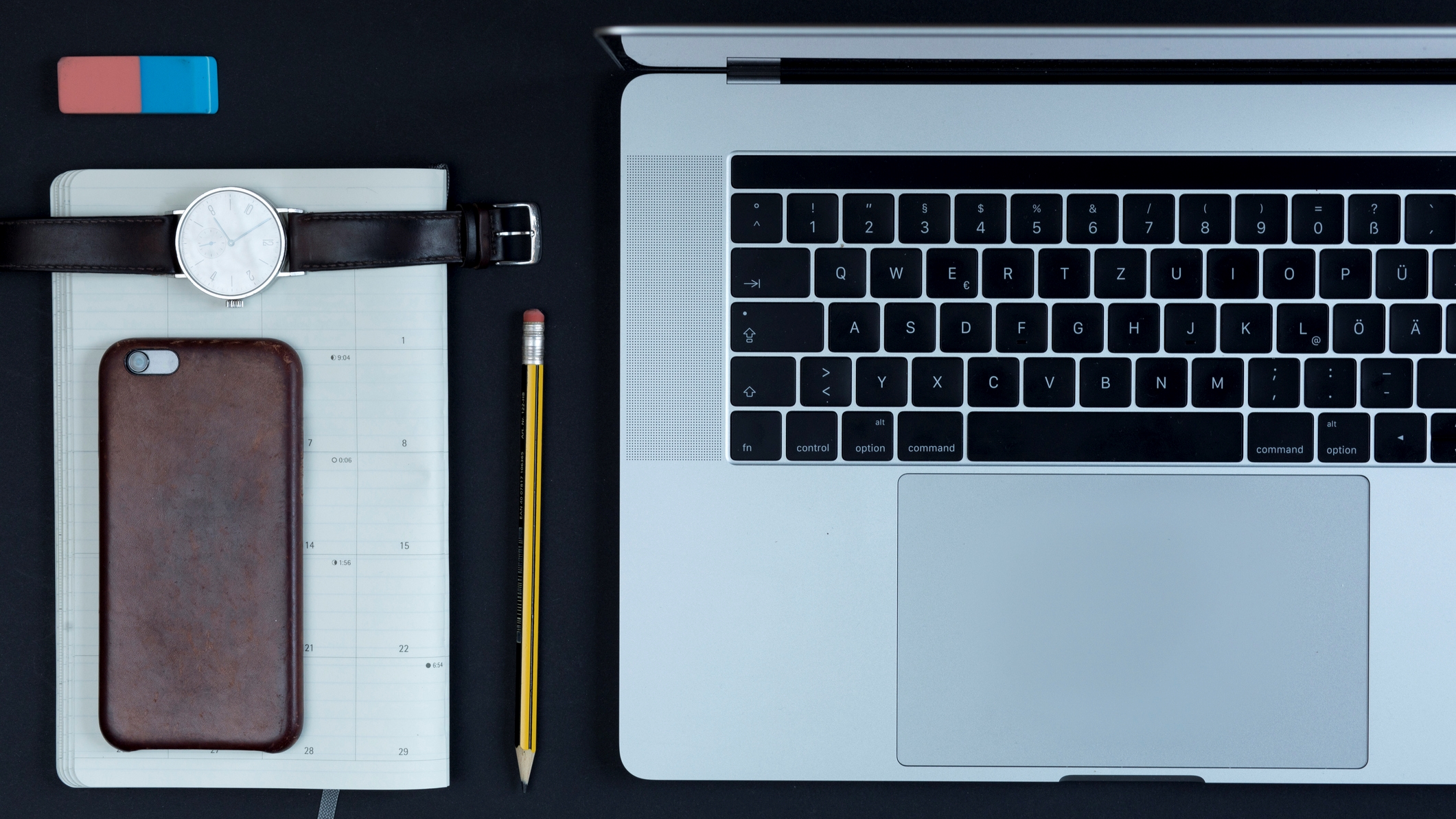 Rebooting your BYOD strategy
Rebooting your BYOD strategyIn-depth With hybrid working becoming the norm, there's a need for a device management overhaul. What does BYOD 2.0 look like?
By Kate O'Flaherty Published
-
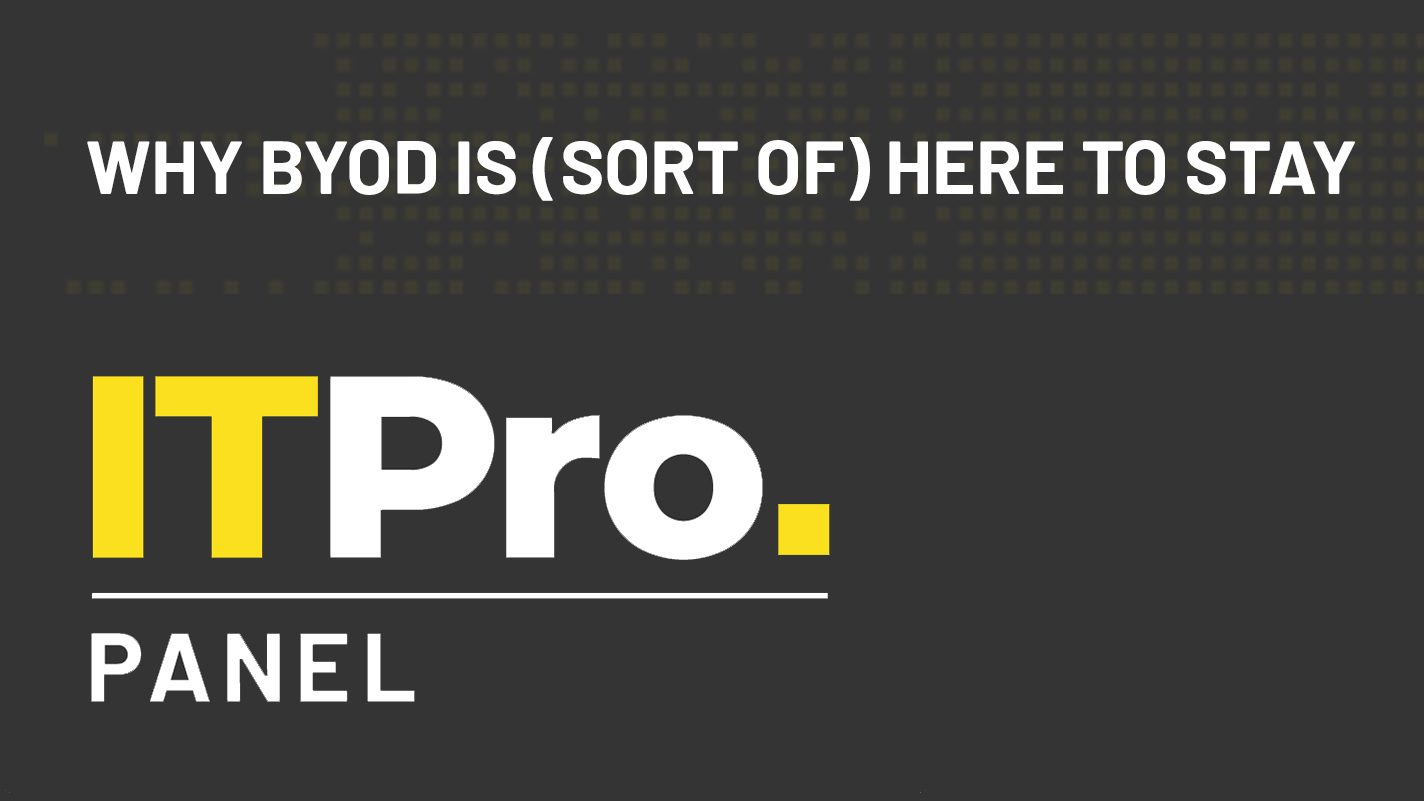 IT Pro Panel: Why BYOD is (sort of) here to stay
IT Pro Panel: Why BYOD is (sort of) here to stayIT Pro Panel CIOs explain why they aren’t going all-in on personal devices
By Adam Shepherd Published
-
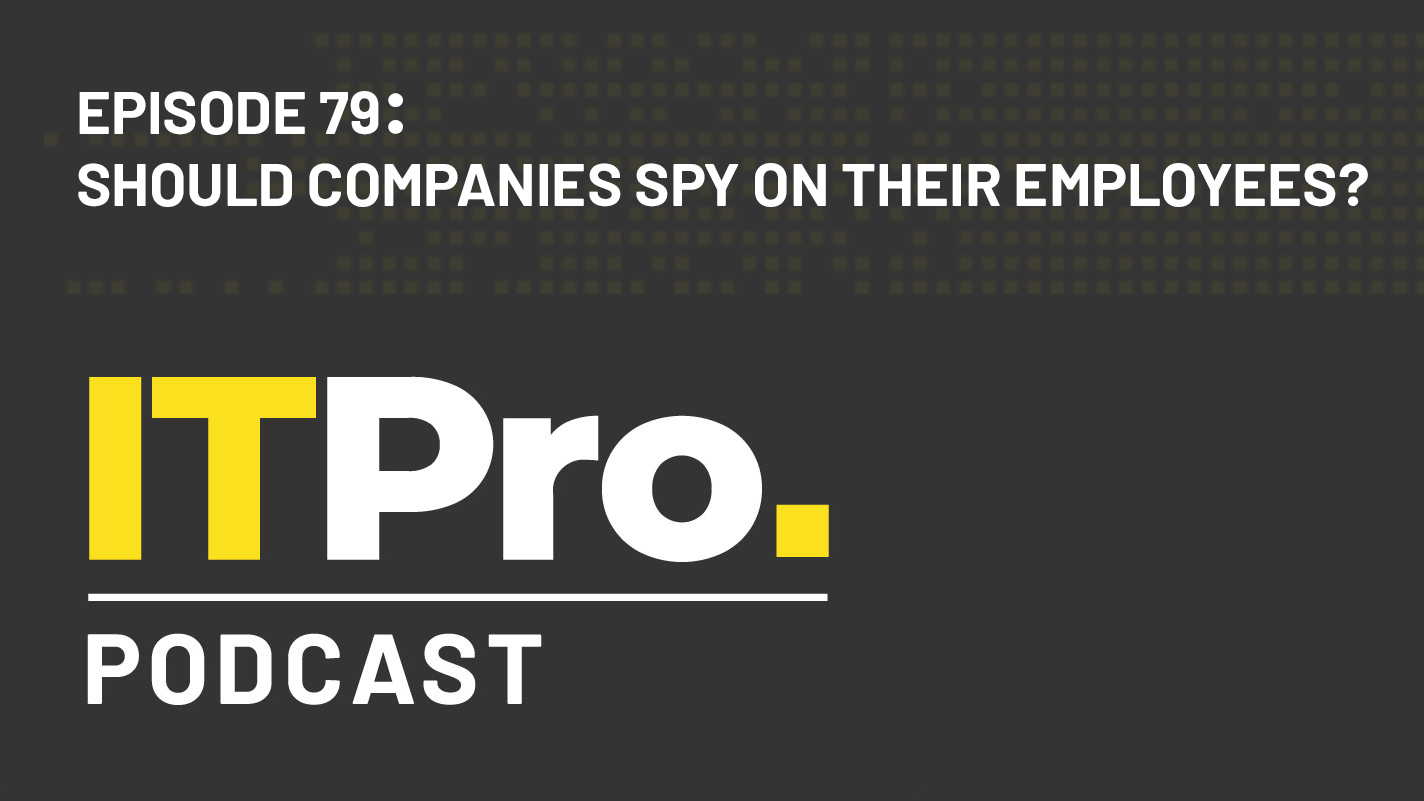 The IT Pro Podcast: Should companies spy on their employees?
The IT Pro Podcast: Should companies spy on their employees?IT Pro Podcast Where’s the line between security and surveillance?
By IT Pro Published
-
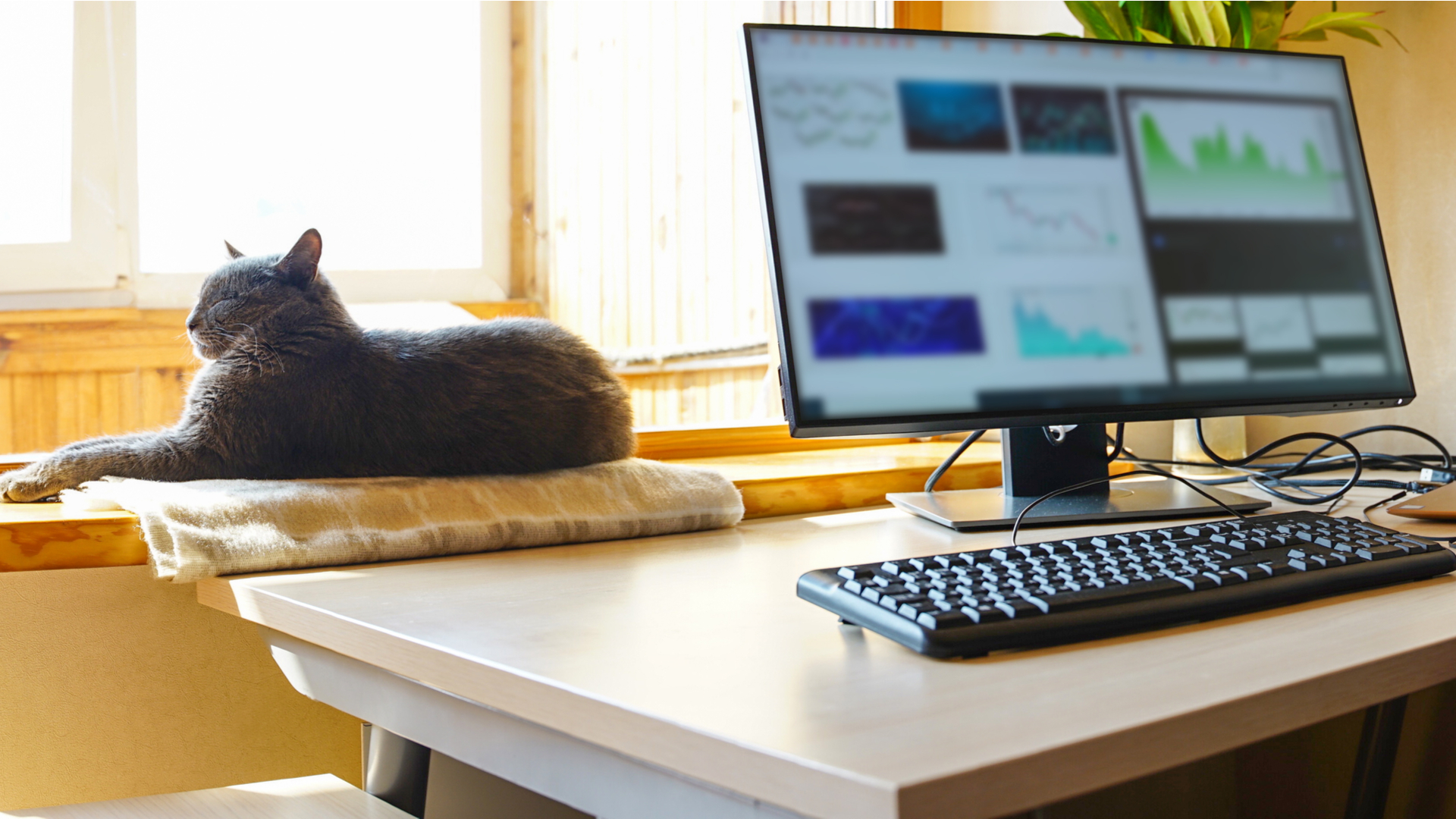 What are employers' responsibilities when we use personal tech to work from home?
What are employers' responsibilities when we use personal tech to work from home?In-depth With many more months of lockdown ahead of us, and workers reluctant to return to the office full time, it's time to think about roles and responsibilities
By Sandra Vogel Published
-
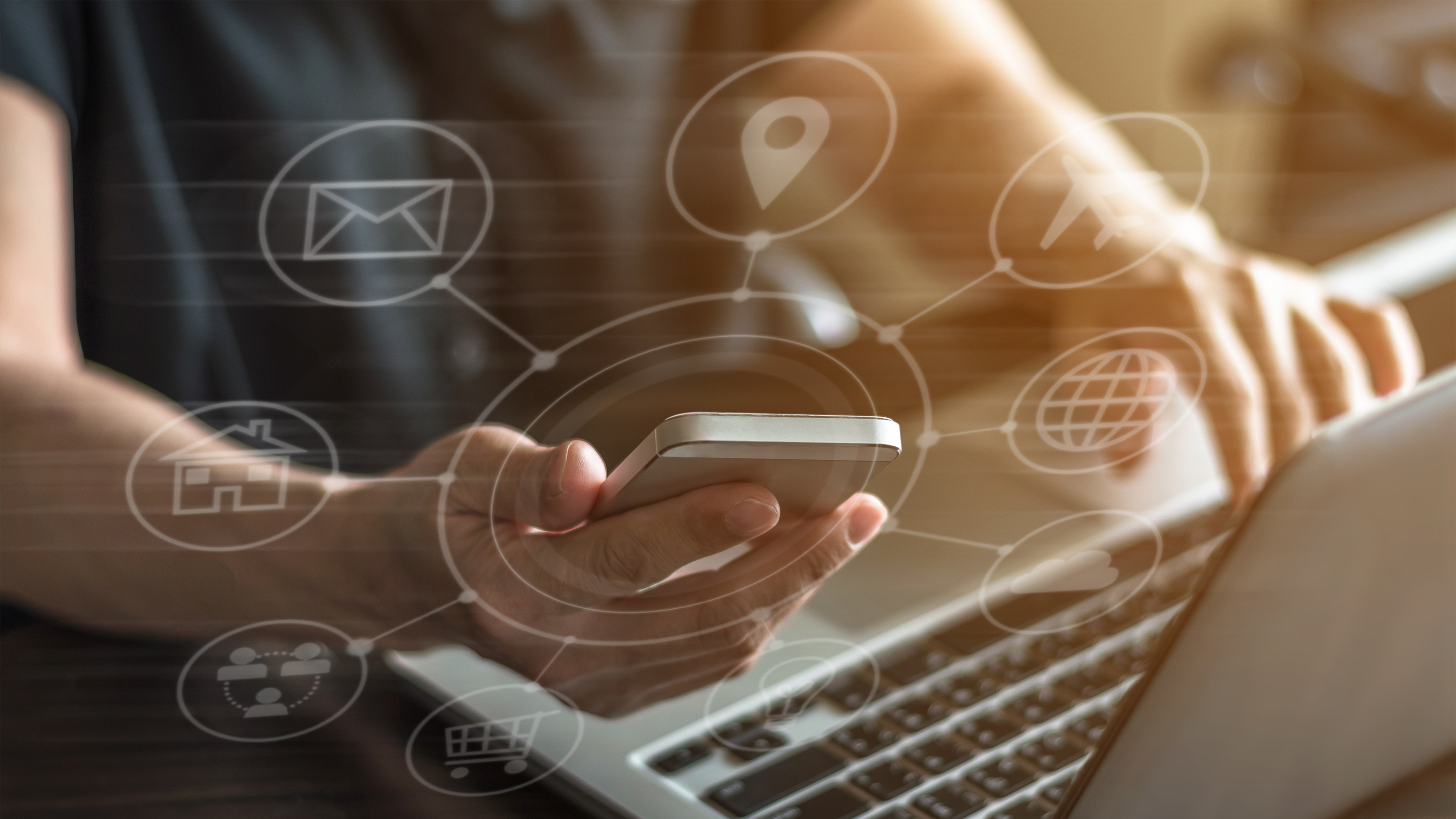 What is the 'personalisation of IT'?
What is the 'personalisation of IT'?In-depth With millions of people using personal devices for professional purposes while working from home, consumerisation has entered a new phase
By David Howell Published
-
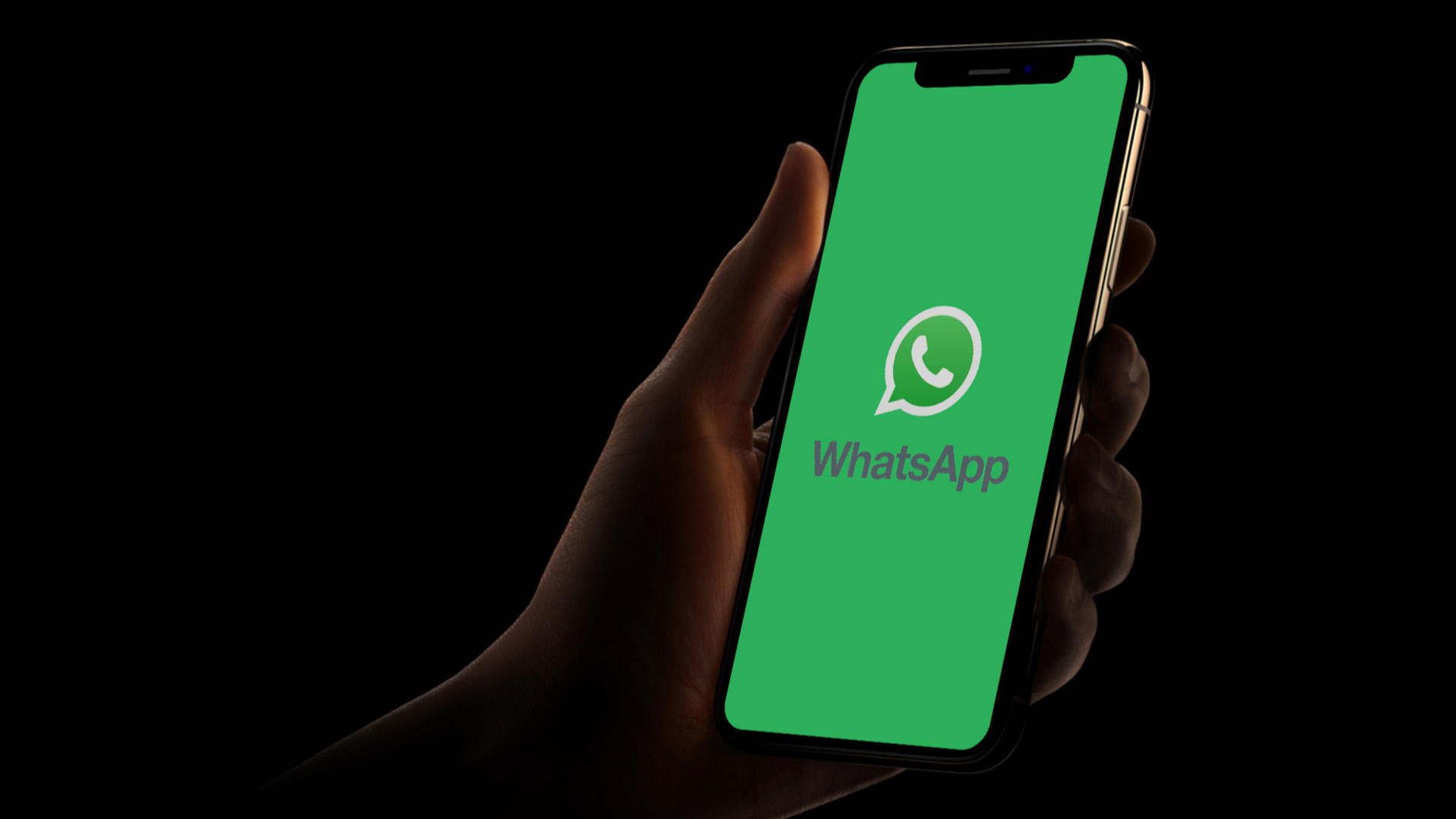 WhatsApp delays controversial privacy update for businesses
WhatsApp delays controversial privacy update for businessesNews Users were asked to share data with WhatsApp’s parent company Facebook in order to continue using the service
By Sabina Weston Published
-
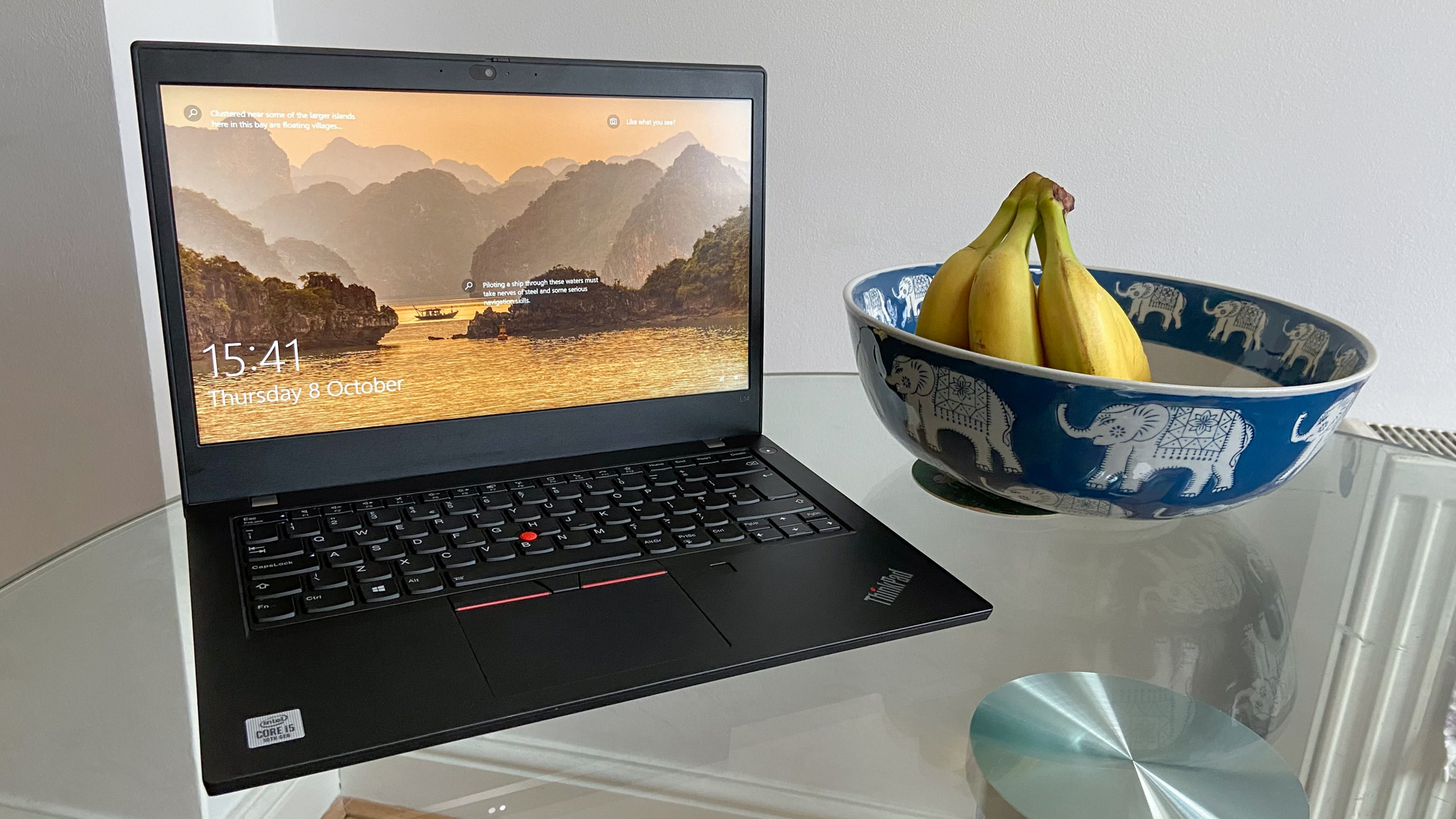 Lenovo ThinkPad L14 review: It’s not right but it’s okay
Lenovo ThinkPad L14 review: It’s not right but it’s okayReviews Pleasant enough for simple office tasks
By Sabina Weston Published
-
 The consumerisation of IT continues apace – here’s how your business can benefit
The consumerisation of IT continues apace – here’s how your business can benefitIn-depth BYOD may be a fact of business, but there are still more ways organisations can grow by embracing consumer tech
By Sandra Vogel Published